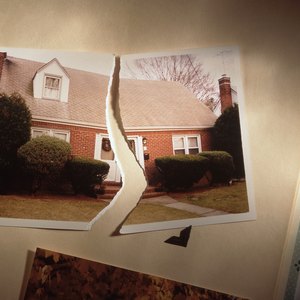
Going through a divorce often requires couples to take a closer look at their financial and legal documents, including any deeds to real estate. Couples may own real estate as joint tenants or as tenants in common, and how the divorce impacts this ownership is dependent on the laws of your state. Understanding the different types of ownership may help avoid confusion down the line, particularly if you do not prepare a quitclaim deed to clear the title.
Understanding Joint Tenancy
Joint tenancy is a type of co-ownership that allows property to automatically pass to the co-owner when one owner dies. If you and your spouse own a house as joint tenants, and your spouse passes away, you will then own 100 percent of the house regardless of what is in your spouse's will. A joint tenancy only exists if the deed includes particular legal language indicating this type of co-ownership.
Understanding Tenants in Common
By contrast, a married couple may also own real estate as tenants in common. With this type of ownership, each spouse owns 50 percent of the property. Upon the death of either spouse, the spouse's share of the property is transferred to his heir, which may be listed in a will. Similarly, this type of ownership allows each owner to sell his share of the property. Either the heir or the buyer would then own half the property as a tenant in common with the remaining spouse.
Effect of Divorce
Depending on the laws of your state, the effect of divorce on property ownership may be different. For example, in New York, property owned by a married couple as joint tenants automatically converts to ownership as tenants in common upon divorce. On the other hand, in Illinois, getting divorced does not automatically affect the type of ownership. In this case, if you owned real estate as joint tenants with your ex-spouse, and your ex dies, you would automatically own the entire property.
Using a Quitclaim Deed
In order to clear up any confusion down the road as to who owns the house, divorcing couples often will use a quitclaim deed to transfer ownership to one spouse. As part of the divorce process, the couple may agree to one spouse owning the marital home. This also may be ordered by the court, often in exchange for other marital property. The use of a quitclaim deed can clear one spouse's name from the deed, removing all his rights to ownership, including the right to sell or bequest the property.
References
Writer Bio
Elizabeth Rayne earned her J.D. from Penn State University and has been practicing law since 2009, advising clients on issues ranging from employment law to nonprofit management. For two years, she served as a contributing editor for the "Vermont Environmental Monitor."

